Articles by Christin Melton, ELS

The optimal integration of new drugs into the treatment paradigm of HCC requires several key developments, including greater research into biomarkers that would help inform therapy choices, earlier treatment for patients diagnosed with HCC, and clinical trials that test combination strategies.

Immune-based approaches have revolutionized the treatment of acute lymphoblastic lymphoma, especially for patients unable to tolerate multiagent chemotherapy. Now, investigators are looking forward to seeing these agents move into frontline settings, perhaps leading to chemotherapy-free approaches.

Novel and emerging agents are creating exciting new options for patients with hormone receptor–positive metastatic breast cancer, resulting in the need to consider how best to introduce and sequence these agents into the treatment timeline.
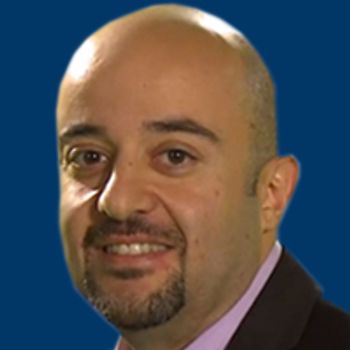
A growing understanding about the underlying biology of myelofibrosis has helped improve the diagnosis and treatment of the disease during the past decade and is paving the way for further advancements.

Although CAR T-cell therapies have proved successful in certain hematologic malignancies, efforts to employ similar strategies in solid tumors have been challenging. Investigators are working on different forms of adoptive cell therapy in solid tumors and early signs are promising.

The dismal prognosis for patients with metastatic renal cell carcinoma has fueled an earnest quest for more effective treatments, culminating in a better understanding of the disease and regulatory approval of several new drugs and therapeutic combinations.
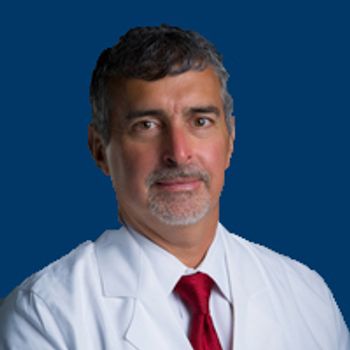
As investigators continue to look for ways to improve outcomes for the growing number of patients with CML, the primary goal has shifted from improving overall survival to helping patients achieve treatment-free remission.
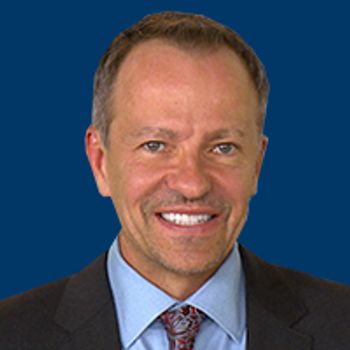
Bradley J. Monk, MD, and other gynecologic oncology experts from across the United States discussed how new evidence has affected their approach to treating advanced ovarian cancer.

Panelists review data for lenvatinib (Lenvima), and novel drugs under investigation in the second line for HCC, such as cabozantinib (Cabometyx/Cometriq) and pembrolizumab (Keytruda).
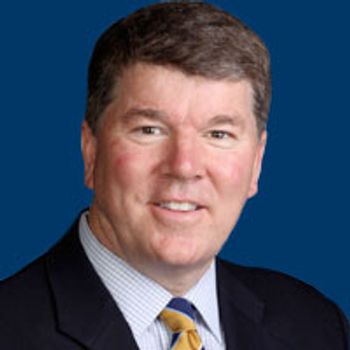
A. Keith Stewart, MB, ChB, and a panel of hematology experts review data concerning emerging frontline strategies for multiple myeloma that were presented at the 2017 ASH Annual Meeting.

A panel of several of the world’s foremost experts on immunotherapy in lung cancer discuss durvalumab and other emerging approaches for stage III NSCLC.

Pancreatic ductal adenocarcinoma, which is considered incurable, accounts for more than 90% of pancreatic cancer cases.
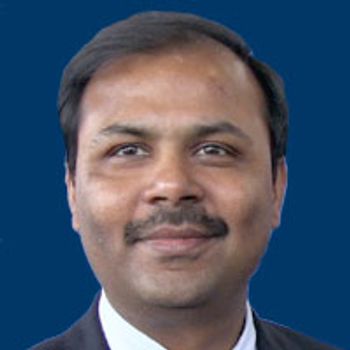
Amid rapid-fire developments in non–small cell lung cancer (NSCLC) research, the role of checkpoint immunotherapy continues to mature.

Despite the widespread availability of antiemetic regimens, between 30% and 50% of patients receiving chemotherapy experience treatment-related nausea and/or vomiting.

The landscape for treating patients with gastroesophageal cancers is undergoing rapid change, and international cooperation among specialists is crucial to the advancement of care.

The advent of new agents and new classes of agents for treating relapsed or refractory multiple myeloma, a notably complex disease state, has stimulated efforts to identify the optimal way to sequence or combine these therapies.

The explosion of new checkpoint immunotherapy drugs has changed the paradigm of care for patients with urothelial carcinoma, the most common form of bladder cancer.
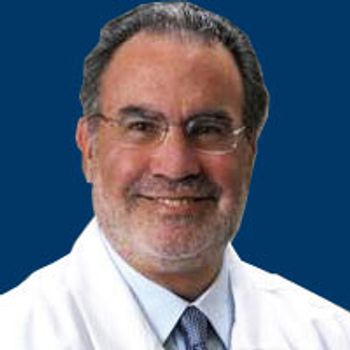
The pharmacologic treatment for advanced renal cell carcinoma has evolved considerably since the FDA approved interleukin-2 as the first systemic therapy for the tumor type in 1992. Since then, the FDA has approved more than 20 drugs for RCC in the past 12 years.
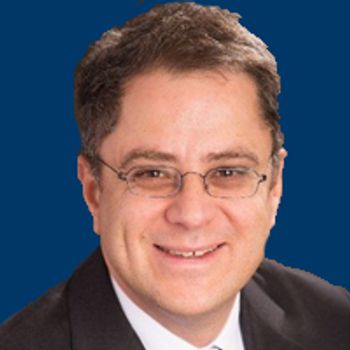
A panel of experts discusses standard treatments for early-stage and advanced liver cancer, reviews investigational second-line therapies, and expresses optimism that some of these therapies may one day improve outcomes for patients.

Controlling indolent non-Hodgkin lymphoma remains a priority as it has the potential to transform to aggressive or high-grade lymphoma.

A panel of gynecologic oncology specialists discusses novel agents for the second, third, fourth, and even fifth lines of therapy and the growing importance of molecular signature, histology, and time to recurrence in treatment decisions.

Gastroesophageal cancer (GEC) is a complex disease, encompassing cancers with different histological and molecular subtypes. Growing insight into the molecular biology of GEC is poised to change the treatment landscape for this disease, although many questions remain unanswered.

Approximately 75% of invasive breast cancers are estrogen receptor (ER)–positive. Although ER-positive breast cancer typically responds well to initial endocrine therapy, most patients eventually become resistant to treatment and experience disease progression.

With several more melanoma treatments poised to emerge from the pipeline, data on the optimal way to incorporate these novel drugs into practice lag far behind the breakneck pace of approvals.





























